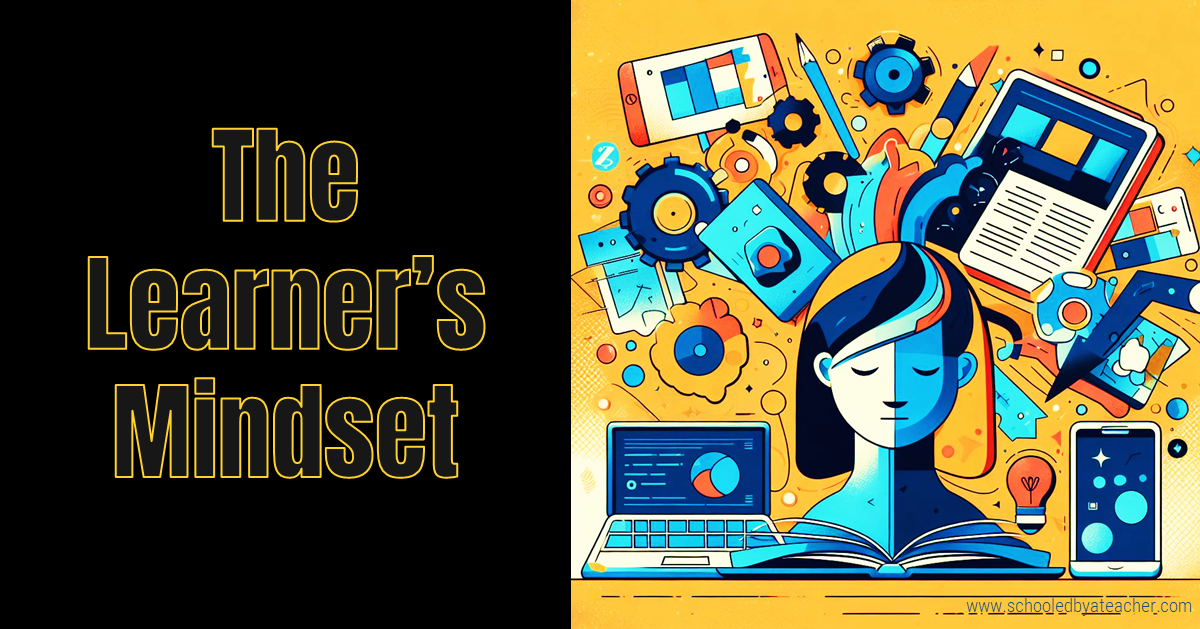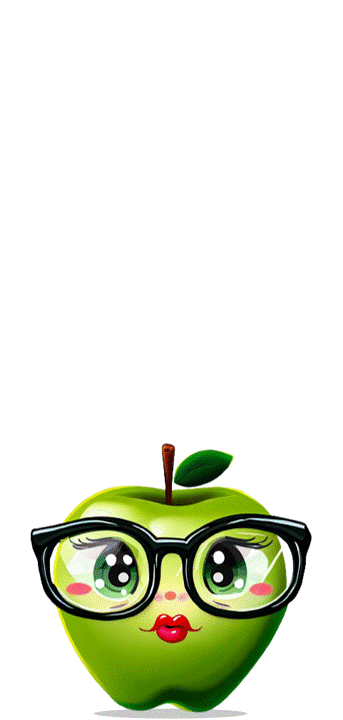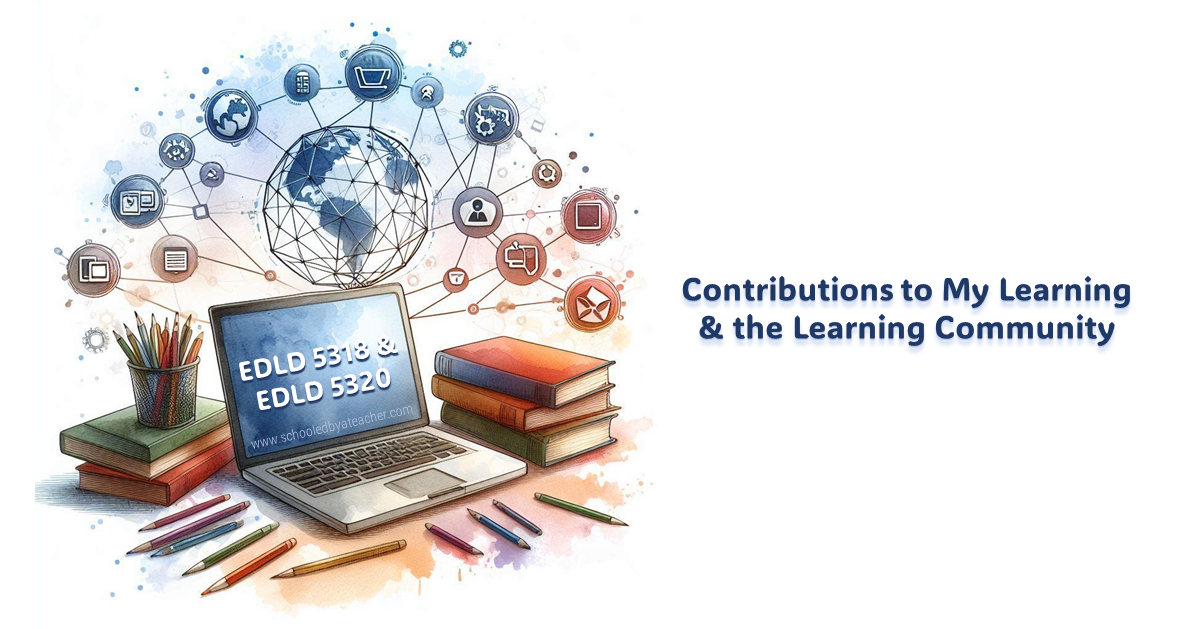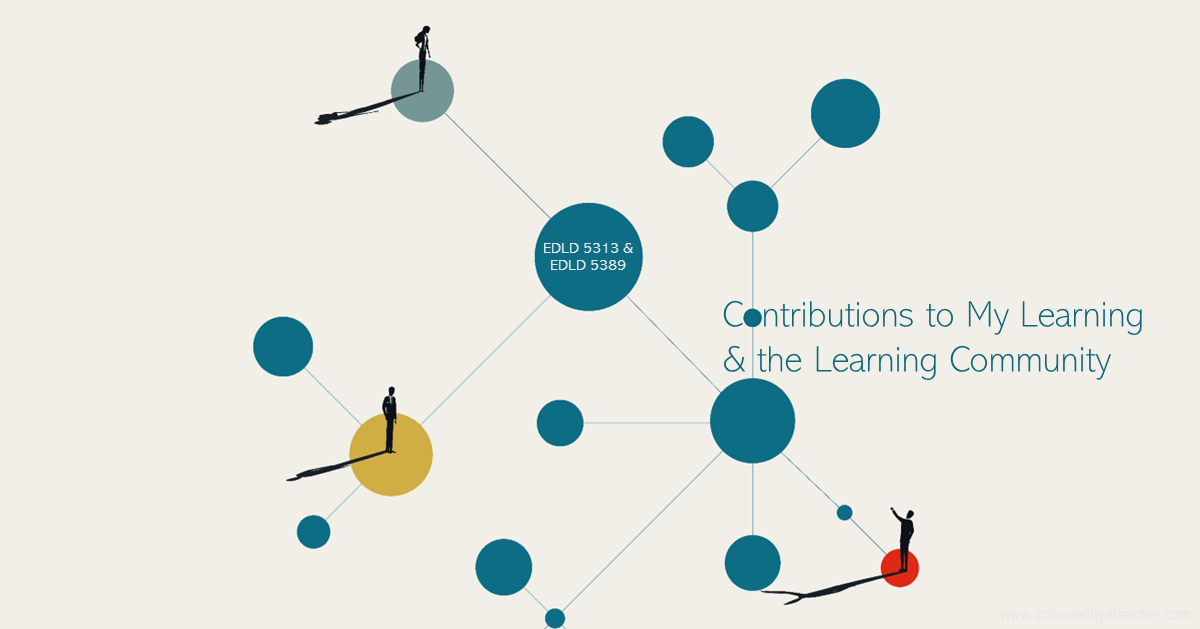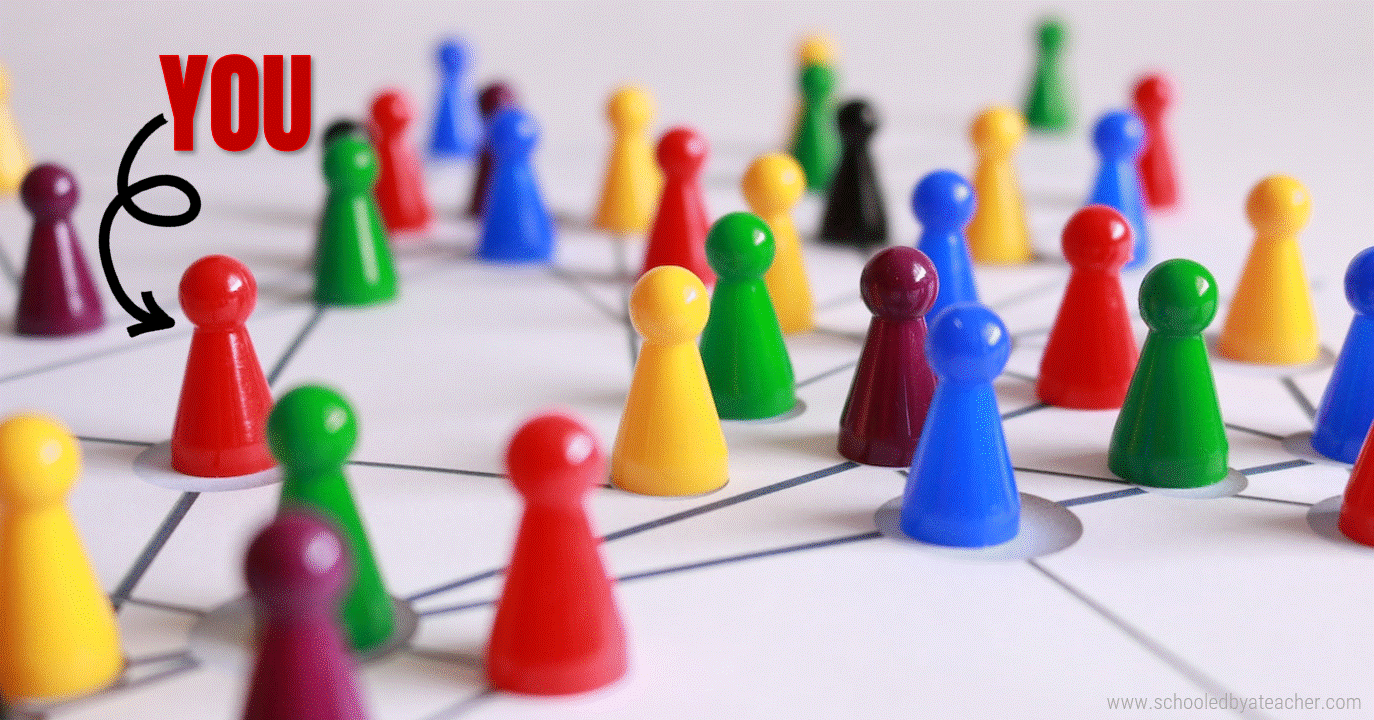Have you ever wondered why some people seem to enjoy learning new things, while others dread it? Why some people are curious and eager to explore, while others are satisfied with what they already know? Why some people are resilient and adaptable, while others are rigid and resistant? The answer may lie in the learner’s mindset.
A learner’s mindset “allows individuals to act on their capacity to learn and respond to their inquisitive nature” (Harapnuik, 2022). It is the attitude of being open, curious, and willing to learn from interactions and experiences that inform or challenge one’s existing knowledge and assumptions. A learner’s mindset is not a fixed trait that one is born with or without. It is a choice that one can make and cultivate through practice and reflection.
As a graduate student in an Applied Digital Learning Master’s degree program, I have become increasingly aware of the importance of the learner’s mindset. This intangible force within each of us holds the power to unlock our capacity for growth, ingenuity, and creativity. By cultivating a learner’s mindset, we can tap into our inquisitive nature and embark on a journey of continuous learning that knows no bounds. In the rest of this blog post, I’ll touch on the impact of having a learner’s mindset, how it empowers learners to act on their capacity to learn, and the transformative power it holds for both personal and professional growth.
Embracing Innate Curiosity
At the core of the learner’s mindset lies an insatiable curiosity and a desire to explore, discover, and make sense of the world around us. From the moment we are born, we possess an innate sense of wonder that drives our quest for knowledge. If fortunate, this quest for knowledge is cultivated by parents who positively nurture their child’s inquisitiveness and provide their child with the opportunity to explore various interests and teachers who create authentic learning opportunities that allow students to apply their learning to something truly meaningful and applicable to the real world.

By nurturing and encouraging curiosity, learners can tap into their natural inclination to question, experiment, and seek understanding. It is through this mindset that learners become active agents in their own educational journey instead of passive recipients of information or instructions.
Self-Reflection and Connecting Learner’s Mindset to Growth Mindset
A learner’s mindset fosters a deep sense of self-reflection, encouraging learners to examine their progress, strengths, and areas for improvement. By embracing a growth mindset alongside a learner’s mindset, individuals understand that intelligence and abilities are not fixed but rather malleable. They see challenges and setbacks as opportunities for growth and development, refusing to be defined by limitations or failures. This mindset enables learners to persevere, adapt, and continuously push the boundaries of their knowledge.
Autonomy and Ownership of Learning
When learners approach their education with a growth-oriented learner’s mindset, they become active participants in their own learning process. They take ownership of their learning, setting goals, seeking out resources, and actively engaging in activities that expand their understanding. This autonomy empowers learners to shape their educational experiences, pursuing topics and projects that align with their passions and interests. This ultimately leads to higher levels of motivation, achievement, and satisfaction for learners, as well as greater contributions and innovations to society and the world.
Lifelong Learning is a Journey
One thing I must note is that a learner’s mindset extends far beyond the walls of a classroom. It transcends formal education and embraces the idea of lifelong learning. Learners with this mindset continually seek opportunities for growth, whether it be through pursuing new hobbies, acquiring new skills, or engaging with communities and networks of like-minded individuals. They understand that knowledge is a never-ending journey, and that curiosity knows no limits.

This is like being a traveler who explores the world with an open mind and a sense of adventure. A traveler who does not limit themselves to tourist attractions and guidebooks but seeks out authentic experiences and cultures. One who does not settle for familiar destinations and routines, but ventures into new territories to expand their horizons and grow as a person.
Adaptability in an Ever-Changing World
In today’s rapidly evolving world, adaptability is key. The learner’s mindset equips individuals with the resilience and flexibility needed to thrive in an ever-changing landscape. By embracing new technologies, exploring diverse perspectives, and actively seeking out learning opportunities, learners position themselves to navigate the demands of an interconnected and dynamic world while remaining relevant and up to date with the latest trends, developments, and innovations in their fields of interest or expertise. The learner’s mindset also enables individuals to keep pace with the rapid changes and challenges in the world, as well as to seize new and potential opportunities and possibilities for growth and improvement.
The power of the learner’s mindset is transformative. It allows individuals to realize their full potential, to act on their capacity for learning, and to nurture their inquisitive nature. By embracing and embodying this mindset, we can unlock a world of endless possibilities. As students, educators, parents, or individuals working in learning and development, let’s champion the learner’s mindset, encourage curiosity, foster growth, and embrace lifelong learning. Together, we can empower ourselves and others to thrive in an ever-changing world, driven by the infinite power of our curiosity-driven minds.
